Fair Observer’s Video Producer & Social Media Manager, Rohan Khattar Singh, talks with award-winning journalist and author Alexis Okeowo about her new book, Blessings and Disasters: A Story of Alabama. She portrays her home state as a land of extremes; it has seen some of America’s worst injustices and greatest triumphs. Okeowo blends memoir, history and reporting to tell what she calls an “alternate history” of Alabama — one that complicates stereotypes, highlights resilience and resonates far beyond the South.
Rewriting Alabama’s story
Okeowo began writing after the 2016 US presidential election, frustrated by narrow portrayals of the South as little more than a caricature of red states and cultural backwardness. Having spent much of her career reporting in Africa and Latin America, she wanted to apply the same nuanced lens to Alabama that she used abroad. She draws on her background as the daughter of Nigerian immigrants who built a life in the South despite intending to return elsewhere. Her parents’ story is emblematic of Alabama’s complexity: They came almost by accident, stayed out of necessity and discovered friendship, work and community.
She situates their experience alongside those of other groups who often fall outside the conventional black-and-white narrative of Alabama. Native Americans, immigrants and Latino families have all made the state their home, even as policy and prejudice sometimes sought to drive them out. Okeowo underscores that their resilience — their refusal to leave, their ability to adapt and their insistence on belonging — is what gives Alabama its true potential.
Okeowo’s book title, Blessings and Disasters, reflects the state’s oscillation between extremes: slavery, Jim Crow discrimination and regressive laws on one side, and the Civil Rights Movement and grassroots organizing on the other. For her, Alabama is both a microcosm of America’s contradictions and a stage for its most pivotal struggles.
Stories and lessons for the world
Like her earlier book, A Moonless, Starless Sky: Ordinary Women and Men Fighting Extremism in Africa, Okeowo’s Alabama narrative focuses on ordinary people in extraordinary situations. She writes about a woman from a multigenerational activist family, the operator of a Confederate museum who preserves a contested history, and a young Latino migrant who unexpectedly became an activist after harsh anti-immigrant legislation was passed. Their stories show how everyday lives can be upended by politics but redefined through courage.
Okeowo emphasizes that Alabama is not unique in its struggle to be understood. Abroad, her Nigerian parents associated the state mainly with the Ku Klux Klan and racism before realizing it contained far more. The same pattern plays out globally: Mexico is often reduced to drug war headlines, Nigeria to corruption and countless other places to their worst crises. What links these regions is the failure of outsiders to look past the most dramatic or negative stories.
By documenting Alabama’s overlooked complexities, Okeowo hopes readers will reflect on their own countries and consider who tells their stories, which narratives get accepted and what is left unsaid.
Persistence amid struggle
A central lesson, Okeowo insists, is the power of persistence. Alabama’s history of progress has been painfully slow, marked by long stretches of stagnation or even regression. Yet despite these obstacles, change has happened because people refused to leave. Communities organized, activists persisted and ordinary families stayed put through generations of hardship. Even now, when new legislation seems to push the state backward, grassroots work continues on the ground.
She argues that this model of persistence — patient, determined and often invisible — carries lessons for societies everywhere. Many today face polarization, authoritarianism or deep structural inequality. Progress is never automatic, she cautions, and sometimes it can take decades to bear fruit. But Alabama shows that incremental, stubborn resistance can eventually reshape even the most hostile environments.
Loving home while acknowledging its sins
The conversation closes with Okeowo’s belief that people can love their homes while still confronting their flaws. Having left Alabama and faced questions about why she would ever stay, she insists that the state’s sins are undeniable and must be critiqued. Yet she is also grateful for the opportunities Alabama gave her family and siblings, and for the sense of belonging it provided.
She frames this as a universal challenge: How can people both acknowledge a place’s history of injustice and still commit to improving it? For Okeowo, this balance is not just possible but necessary. It prevents nostalgia from blinding us to injustice, while also keeping cynicism from erasing the bonds of community. The people who manage to do both — love their homes while striving to change them — are the ones who keep a place alive. That, she concludes, is what ultimately makes Alabama, and indeed any community, worthwhile.
[Lee Thompson-Kolar edited this piece.]
The views expressed in this article/video are the author’s own and do not necessarily reflect Fair Observer’s editorial policy.









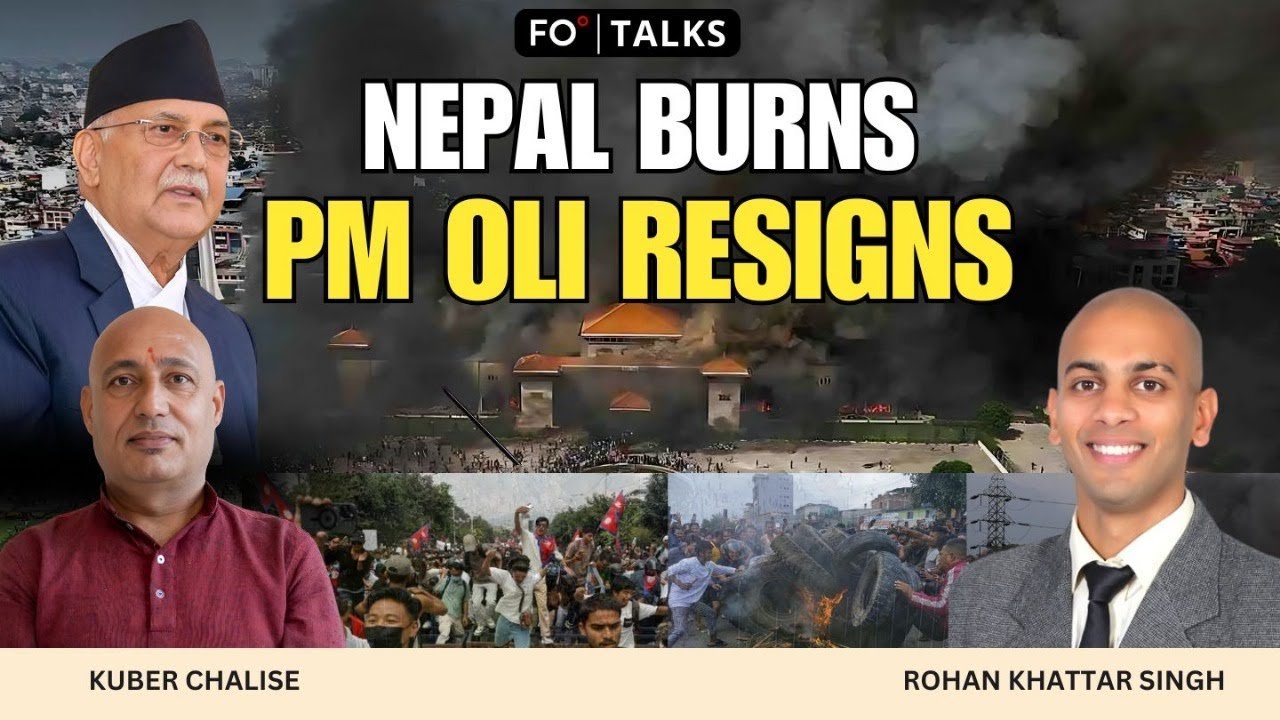





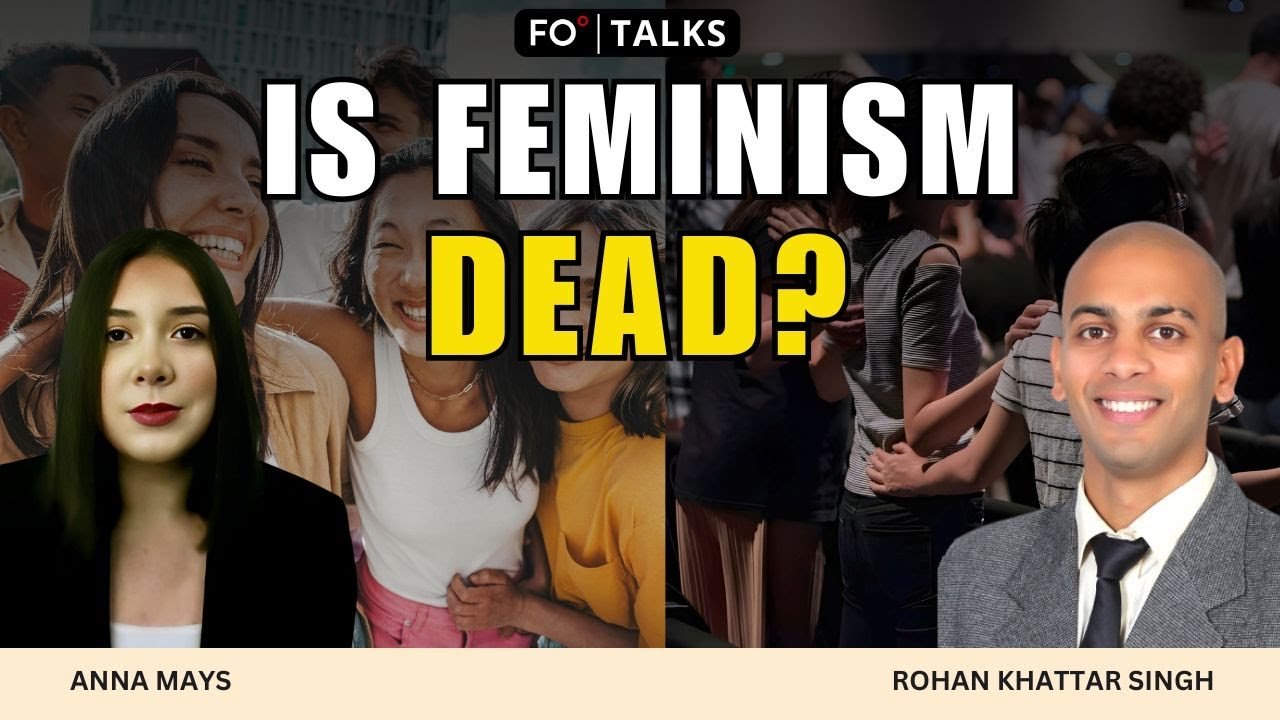


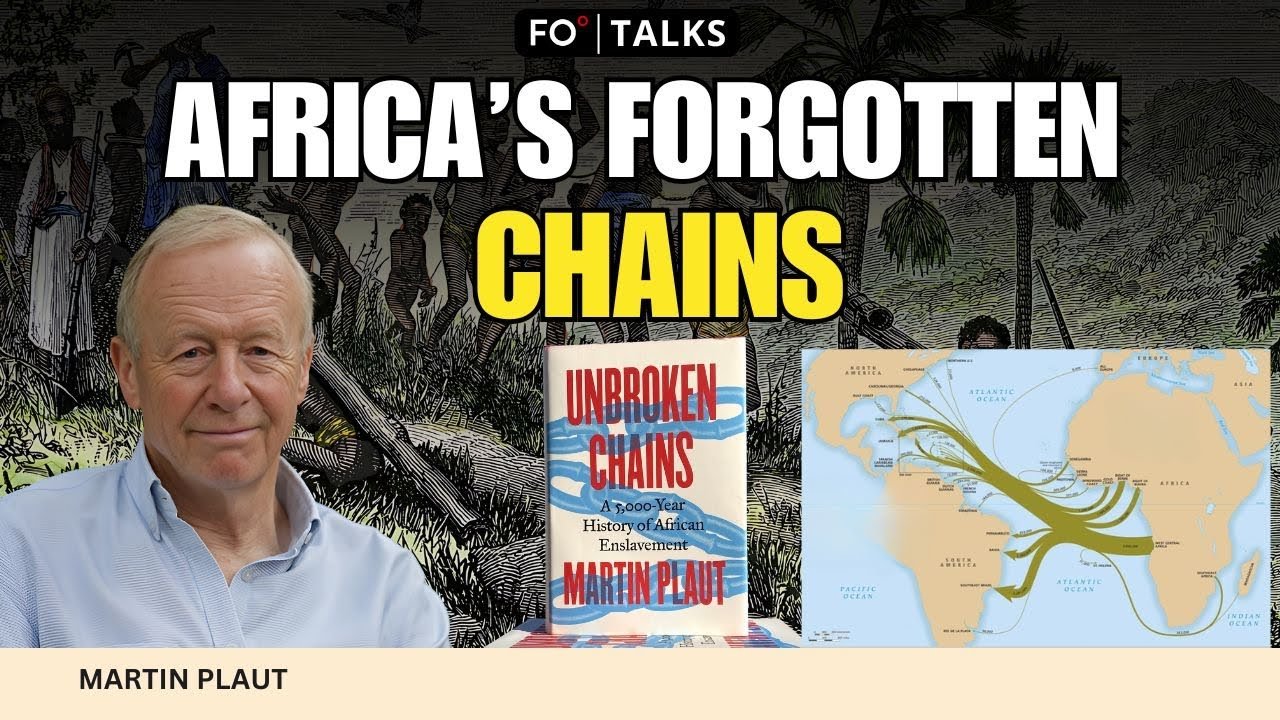












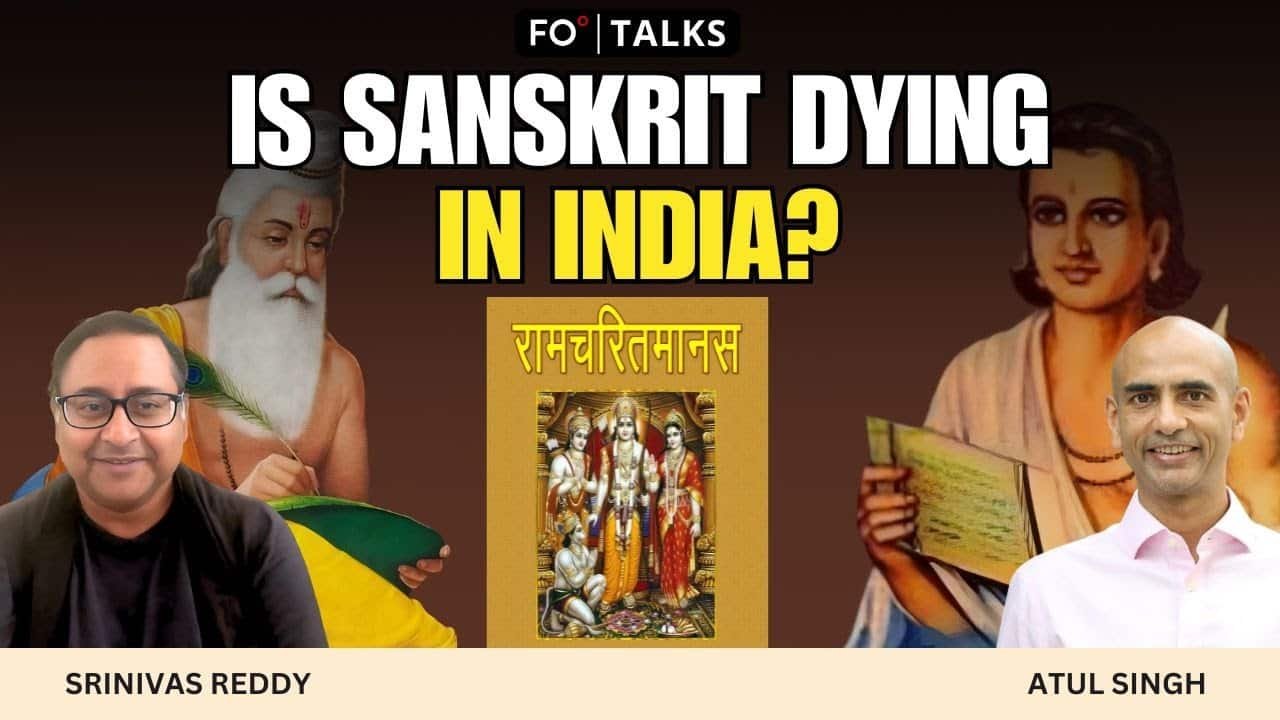









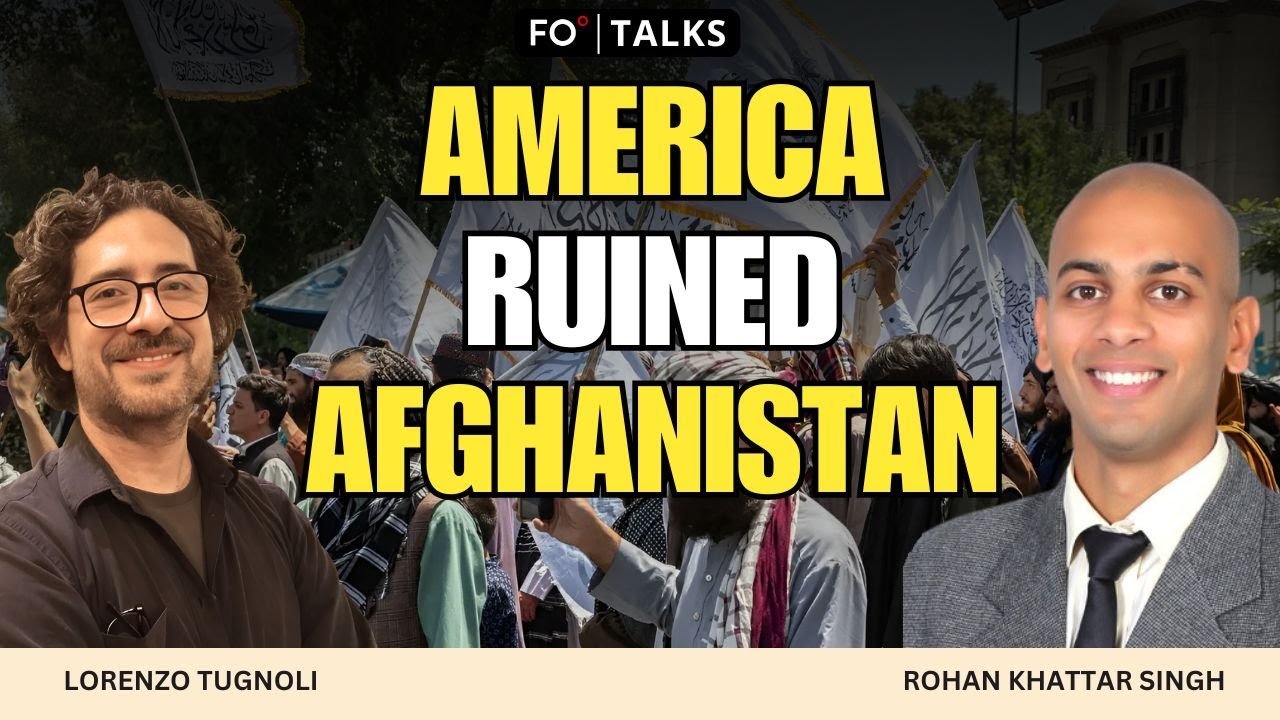



Comment